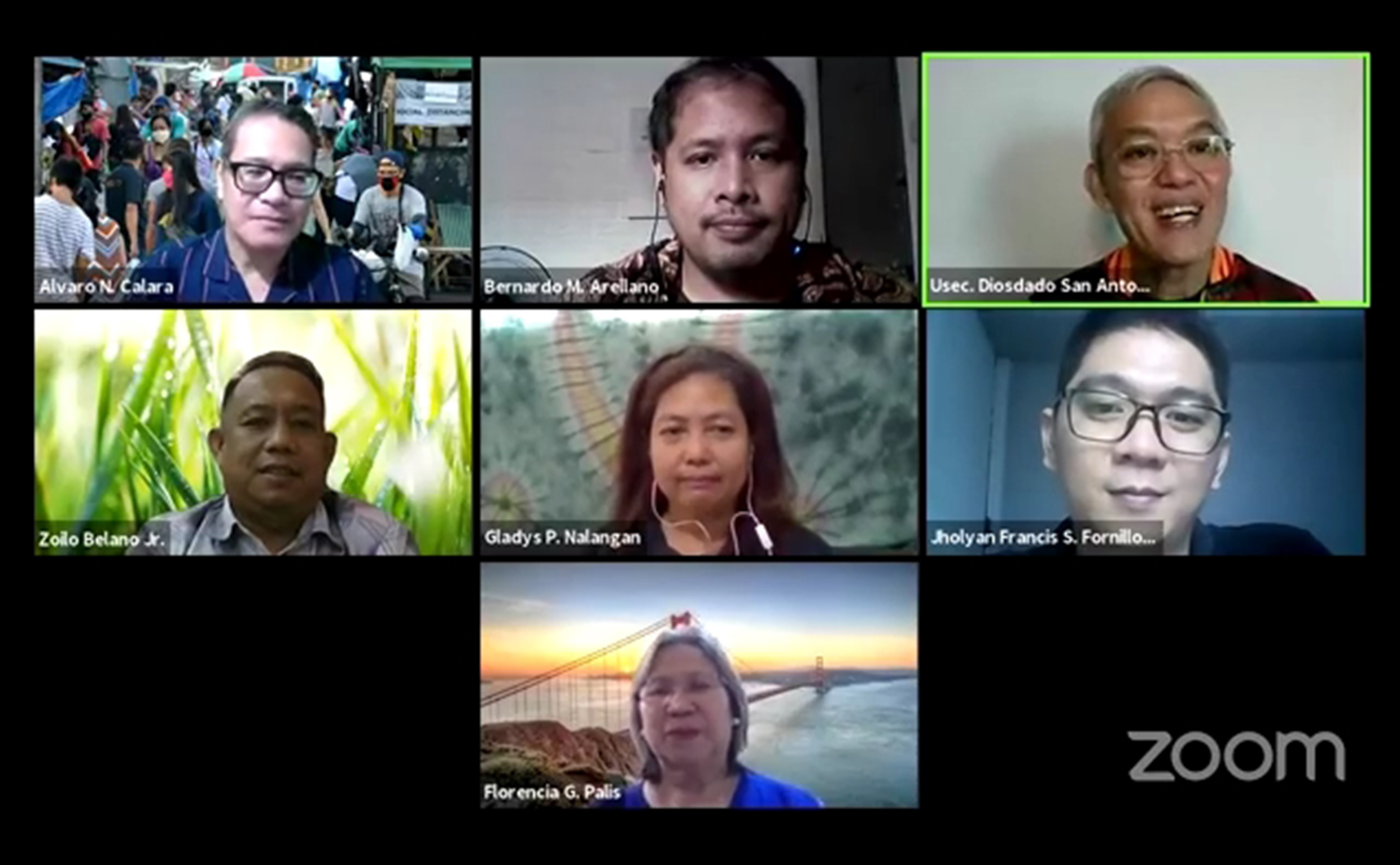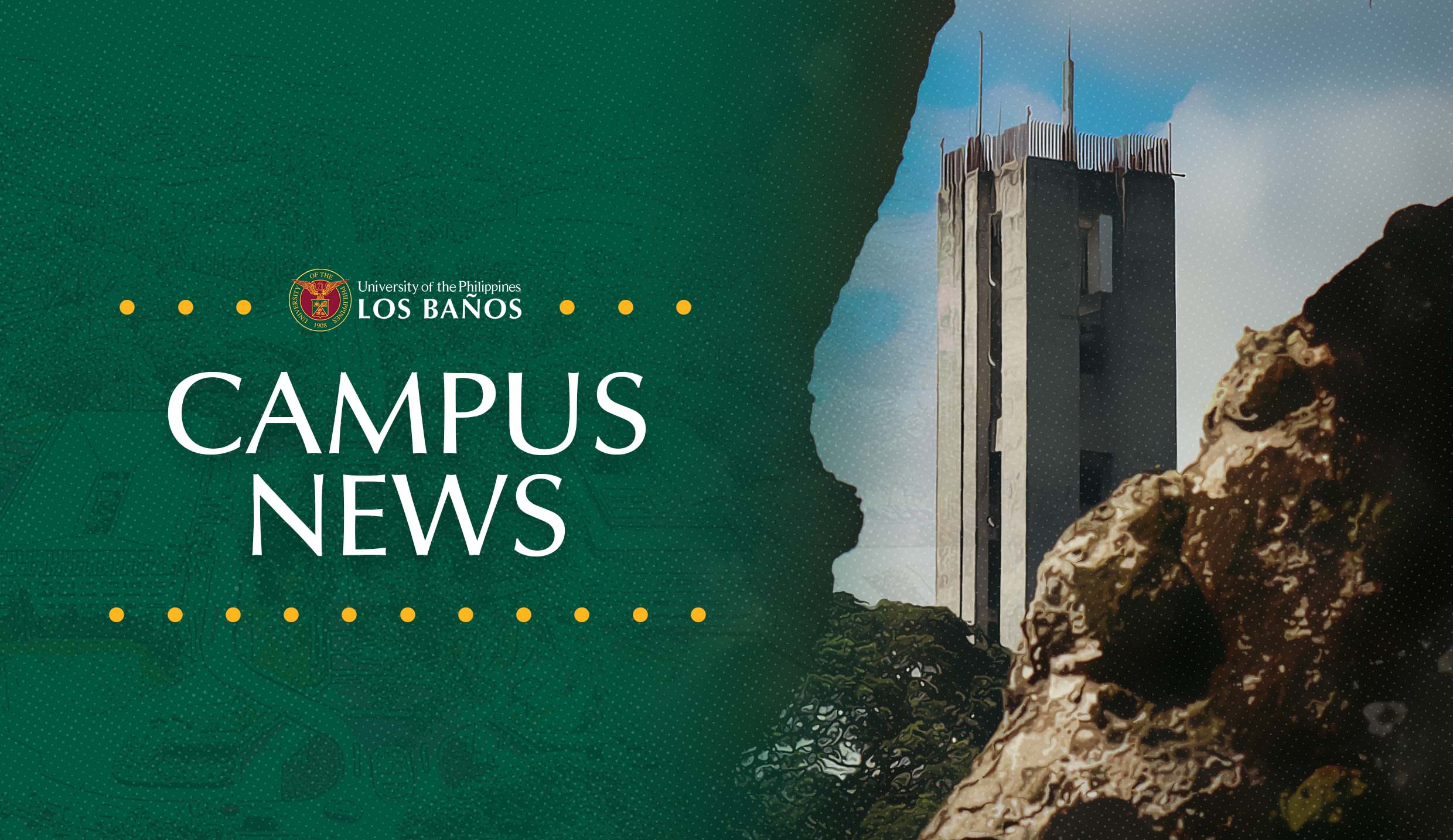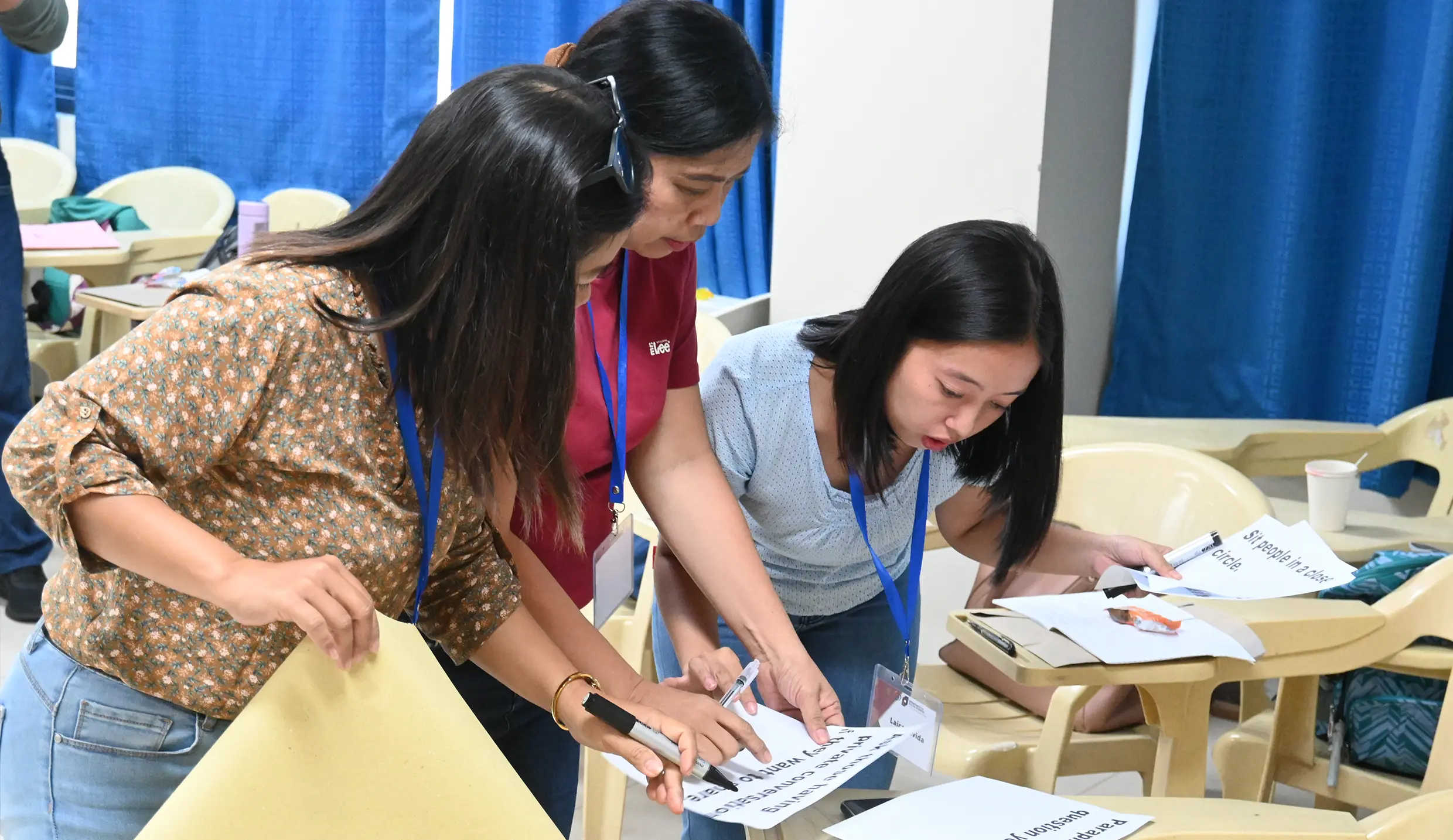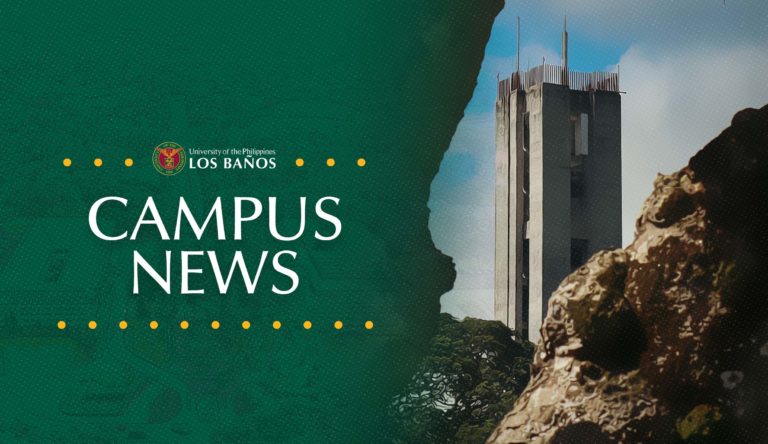
Faculty members of the UPLB Department of Social Sciences (DSS) gave their take on the COVID-19 pandemic using the lenses of their respective disciplines at the inaugural edition of USAP PH webinar series on Aug 20.
USAP PH, which was livestreamed on Zoom and Facebook, is DSS’ public online discussion about the pressing issues in the country.
The COVID-19 pandemic, according to psychology instructor Jholyan Francis Fornillos, is not only an epidemiological crisis, but also a psychological crisis.
According to him, everyone has experienced different kinds of losses from the pandemic – be it loss of life, sense of safety, personal connections, personal freedom, jobs, or financial security – that may have an impact on mental health. Following this feeling of loss, he said, is the collective grief of the people.
“Grief is a normal reaction to abnormal situation,” Fornillos explained. “Mahalaga na matutunan natin kung paano mag-mourn o ang pagharap sa pagdadalamhati na ating nararamdaman.”
He emphasized how consulting a psychologist or writing about one’s feelings could help people become resilient at these times. He also emphasized the value of compassion, optimism, interpersonal relationships, determination, and recognizing one’s vulnerability in surviving the psychological crisis.
Sociology teacher Alvaro Calara, on the other hand, enjoined the audience to not only look at personal troubles, but to also see the larger social issues amidst the pandemic.
“Hindi lang natin dapat ituon ang sarili natin sa personal nating pinagdadaanan. Dapat ay meron ding pagtanaw sa malawak na suliranin ng Pilipinas,” Calara offered. He stressed how the pandemic has further marginalized the poorest of the poor in the country.
For her part, Dr. Florencia Palis, an anthropology professor, noted how the Filipino culture, such as showing respect to elders and appreciation to friends through close physical contacts, are not in tune with minimum public health standards that have been prescribed to avoid COVID-19.
“Culture can facilitate or impede the spread of COVID-19,” she said. “We need a call for adaptation to the new normal.” She suggested that culture should be integrated in health education, and that the nomenclature for community quarantine be renamed to have more impact and better appreciation from the public.
Gladys Nalangan, who teaches political science, talked about the role of local government units (LGUs) in COVID-19 recovery and mitigation.
Nalangan emphasized the importance of the constituents’ feedback to LGU relief services to help the latter modify and adjust their public service. She added that it is also a way to increase people’s participation in the political process.
Dr. Gilbert Macarandang, who teaches history, said that the overall crisis today should be recorded because people tend to forget after a while.
“Kung titingnan natin ang nangyari noong 1918 [na Spanish flu pandemic], iilan lang ang mga nagsulat at halos nakalimutan ang pangyayaring iyon sa ating kasaysayan,” he said.
Present during the webinar were Zoilo Belano, Jr., chair of DSS, and Dr. Diosdado San Antonio, undersecretary for curriculum and instruction of the Department of Education (DepEd).
Belano said that the webinar is a venue for DSS faculty members to share their knowledge and viewpoints to the public. Dr. San Antonio said that the learning event could help the DepEd community to become more informed about current issues. (Mark Jayson E. Gloria)








